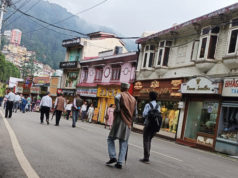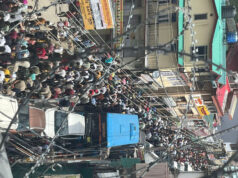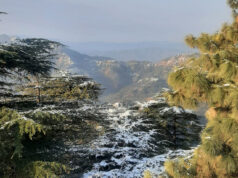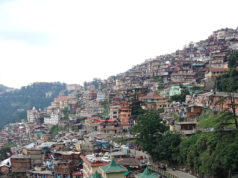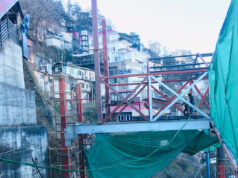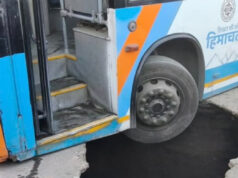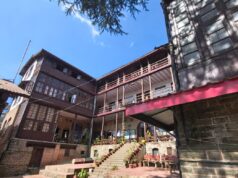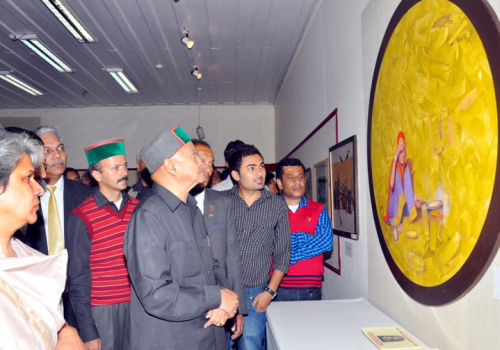Shimla – The enchanting hills of Shimla are increasingly marred by a spiralling traffic nightmare, with indiscriminate parking on both sides of roads transforming daily commutes into exasperating ordeals. The heart of the issue lies along the bypass road from the new ISBT to Dhalli, where disorderly parking practices persist unchecked.
The stretch from Kalnog to Mehli bears the brunt of the problem, with vehicles parked indiscriminately leading to frequent traffic jams. Commuters are particularly frustrated during peak hours, from 9 to 10 in the morning and after 5 in the evening, as long queues snarl the traffic flow.
Despite considerable investments and years of road expansion projects in Shimla, the anticipated relief from traffic congestion remains elusive. While the roads have been widened, private vehicles are left to occupy these expanded spaces, completely negating the intended benefits. The Vikas Nagar bus stoppage, conceived as a solution, has ironically transformed into a hub for unauthorized parking, contributing to the daily gridlocks.
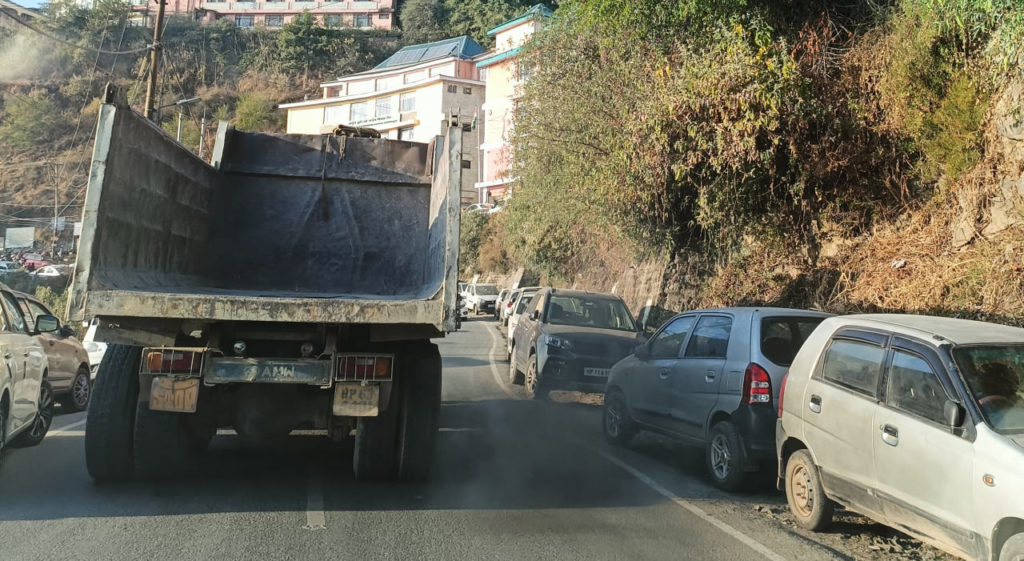
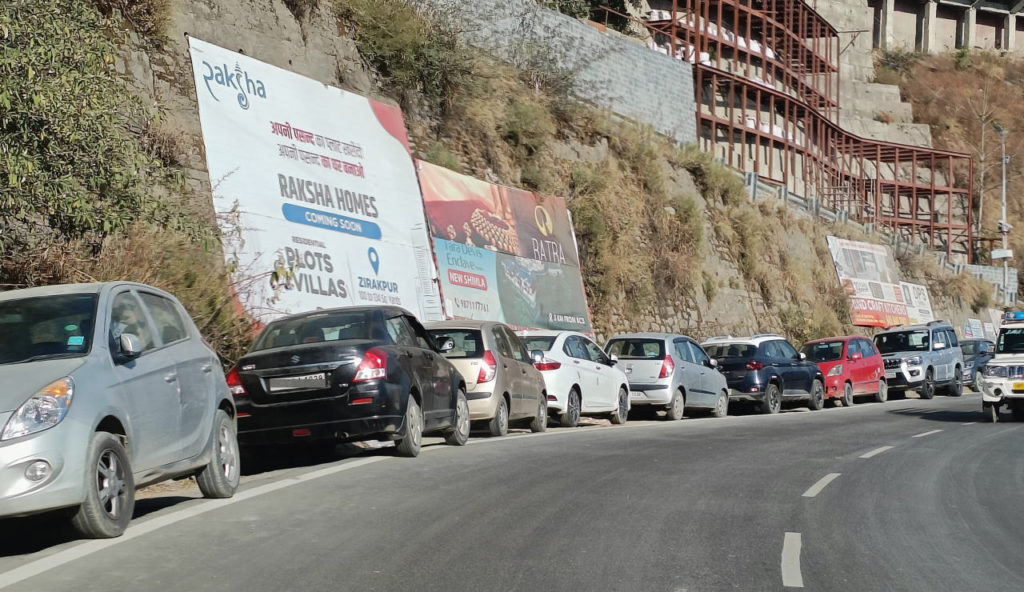
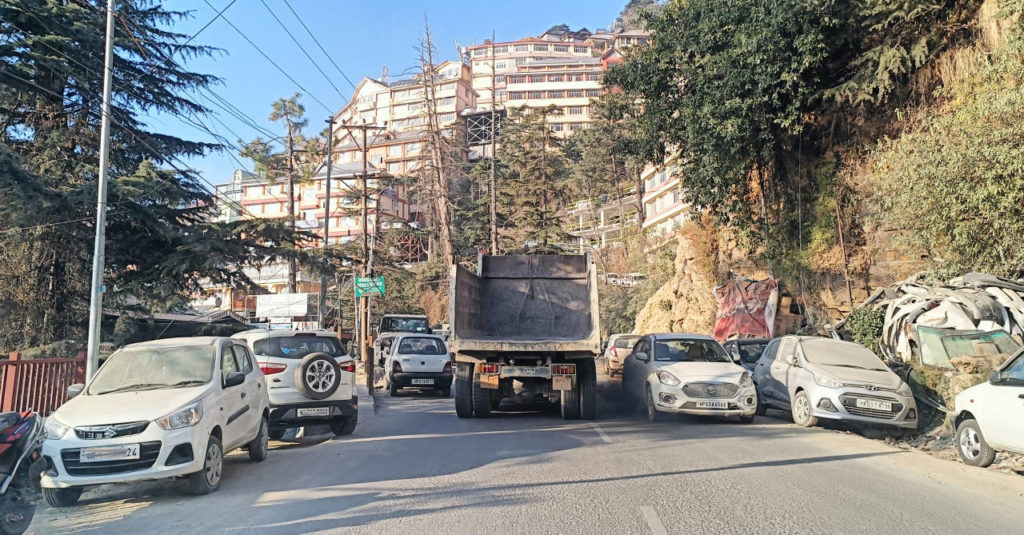
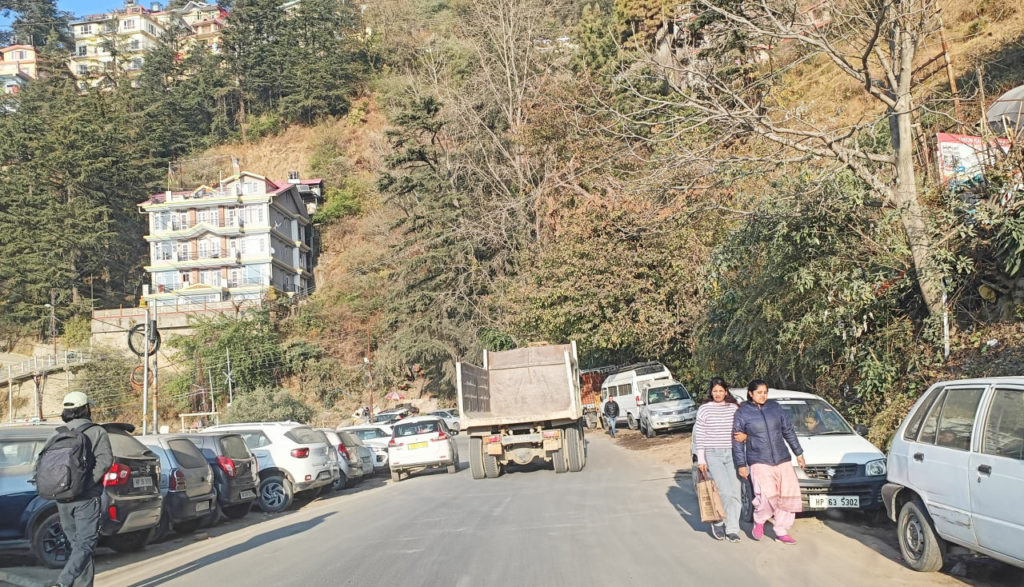
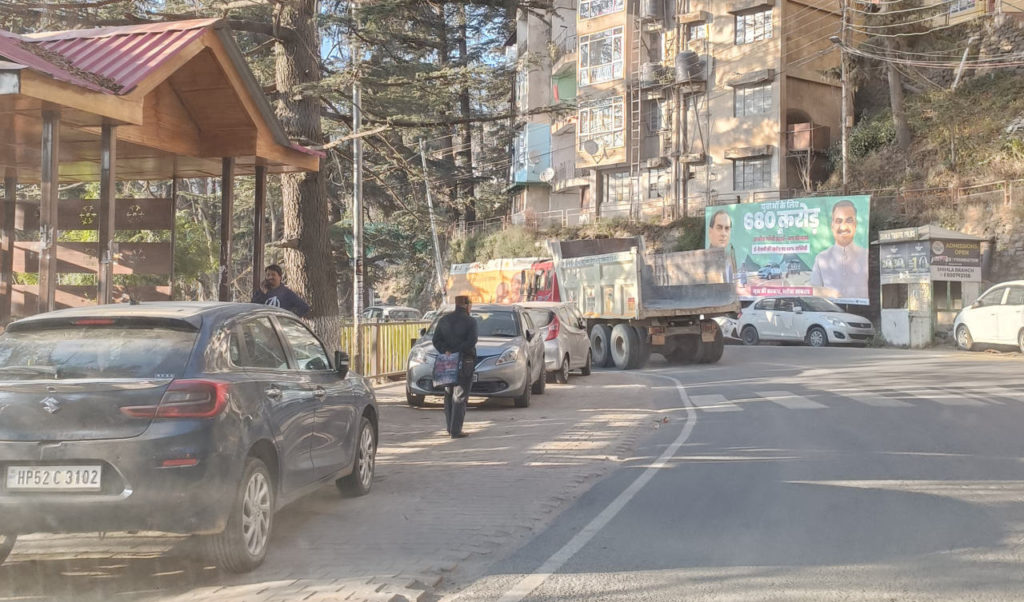
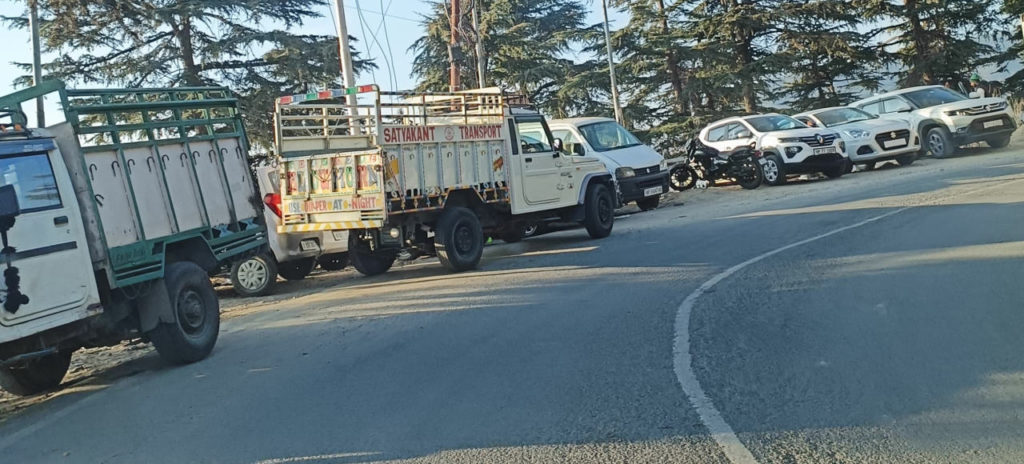
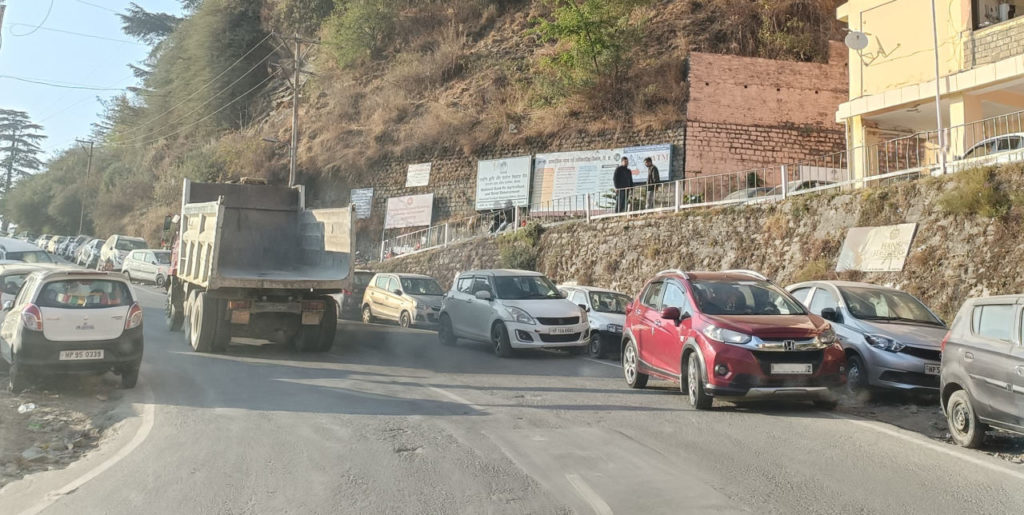
Similar challenges persist in other widened areas, notably Khalini, where expanded roads serve as makeshift parking lots, hindering the passage of larger vehicles. The circular road, stretching from HHH Hotel to Chhota Shimla, mirrors pre-expansion congestion, with vehicles lining the roadside.
Even after extensive road widening efforts, the stretch from Victory Tunnel to Sanjauli grapples with daily traffic snarls, emphasizing the failure to manage parking spaces effectively. The Dhalli bypass road, envisioned to ease congestion, paradoxically hosts rampant roadside parking, exacerbating issues for daily commuters.
As the administration continues its push to widen roads for seamless traffic, the concurrent laxity in tackling illegal parking undermines these efforts. It is imperative for the Shimla police to assertively enforce stringent traffic norms, offering a glimmer of hope for resolving the escalating traffic woes.
Beyond the immediate urban chaos, the environmental toll of road widening is impossible to ignore. The sacrifice of hundreds of green Deodar trees has failed to yield the expected results, raising questions about the sustainability of current strategies. Policymakers must urgently reassess the situation, contemplating and implementing rigorous measures to curb this burgeoning problem. Shimla’s unique charm is at stake, and without swift action, the city risks fading into oblivion beneath the weight of its perpetual congestion. The time to act decisively is now, before Shimla’s identity is irrevocably lost in the sea of traffic.


